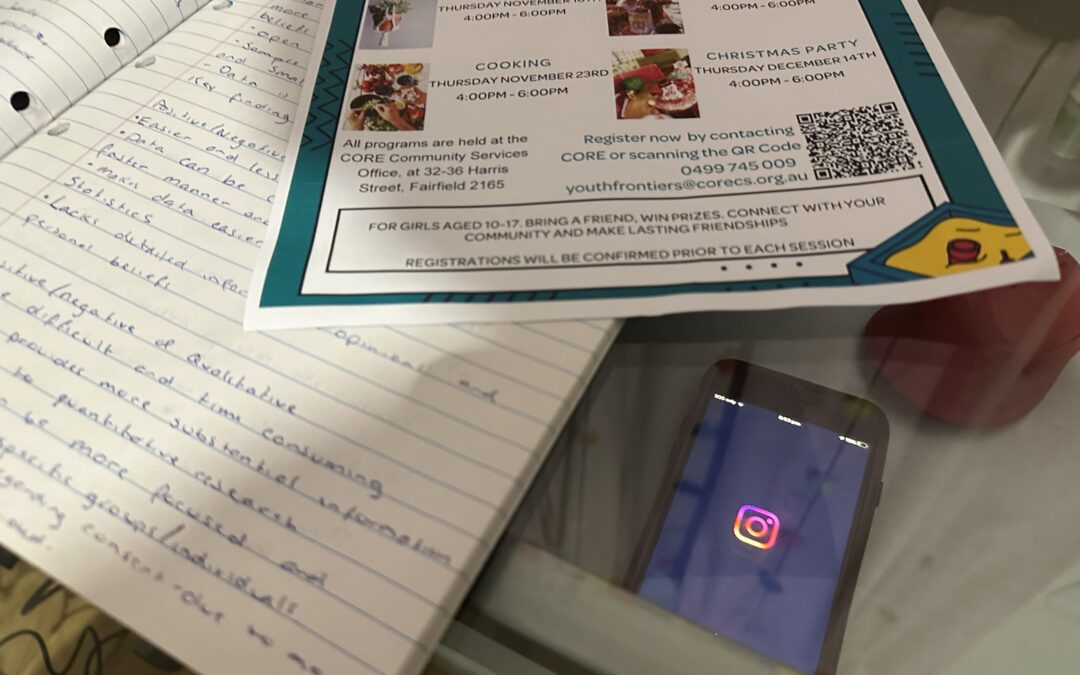The recent NSW high school phone ban has some experts concerned for students with requests for more research to be done to support the new policy.
On October 8 a new policy from the NSW government rendered mobile phones unusable for the school day in order to facilitate students’ classroom learning.
However, in a media release, associate professor and head of population research at the Black Dog Institute Aliza Werner-Seridler questioned the validity of the government’s data.
“The evidence around the effects of banning phones at schools on academic outcomes is probably more mixed than the government would like to admit,” she said
“Only a handful of studies have looked at this, and methods are not robust because generally schools which have phone bans are compared to schools which do not, and they cannot be truly matched on all school-level variables.”
Many studies have shown a negative relationship between phone usage and well-being, increasing symptoms such as depression or anxiety.
Ms Werner-Seridler acknowledges the negative relationship between screen time and young people but argues there is room for more discussion or research surrounding the new policy.
“We know there is a significant relationship between the time young people spend on screens and clinically significant symptoms of depression and anxiety. But we do not know the direction of this relationship,” she said
“It is widely assumed that technology use leads to mental health problems, although the possibility remains that experiencing mental health problems, such as depression, can lead to young people increasingly turning to screens.
“If this is the case, a phone ban would be distressing for students who use their devices for emotional regulation.”
The current national guidelines from the Australian Government’s Institute of Family Studies (AIFS) outlines that children 5-17 years old should only have two hours of sedentary recreational screen time per day.
UOW’s Northfield Clinic manager and psychologist Christine Carey agrees that technology when used in moderation can be utilised to help wellbeing.

“Technology can definitely help mental health, there are tools like apps or smartwatches that you know monitor heart rate and provide coping techniques for disorders or symptoms,” she said.
“But I can see how it might get tricky with a blanket rule like this, especially during school lunch or break times, but I also think it does or can facilitate classroom learning as well.”
The Black Dog Institute has publicly released its discussion paper which highlights concerns on the potential issues and can be read here
It can be difficult at times to cope without a phone. Find out how students at UOW are handling mental health and what other coping strategies they’ve used to stay positive and productive.

